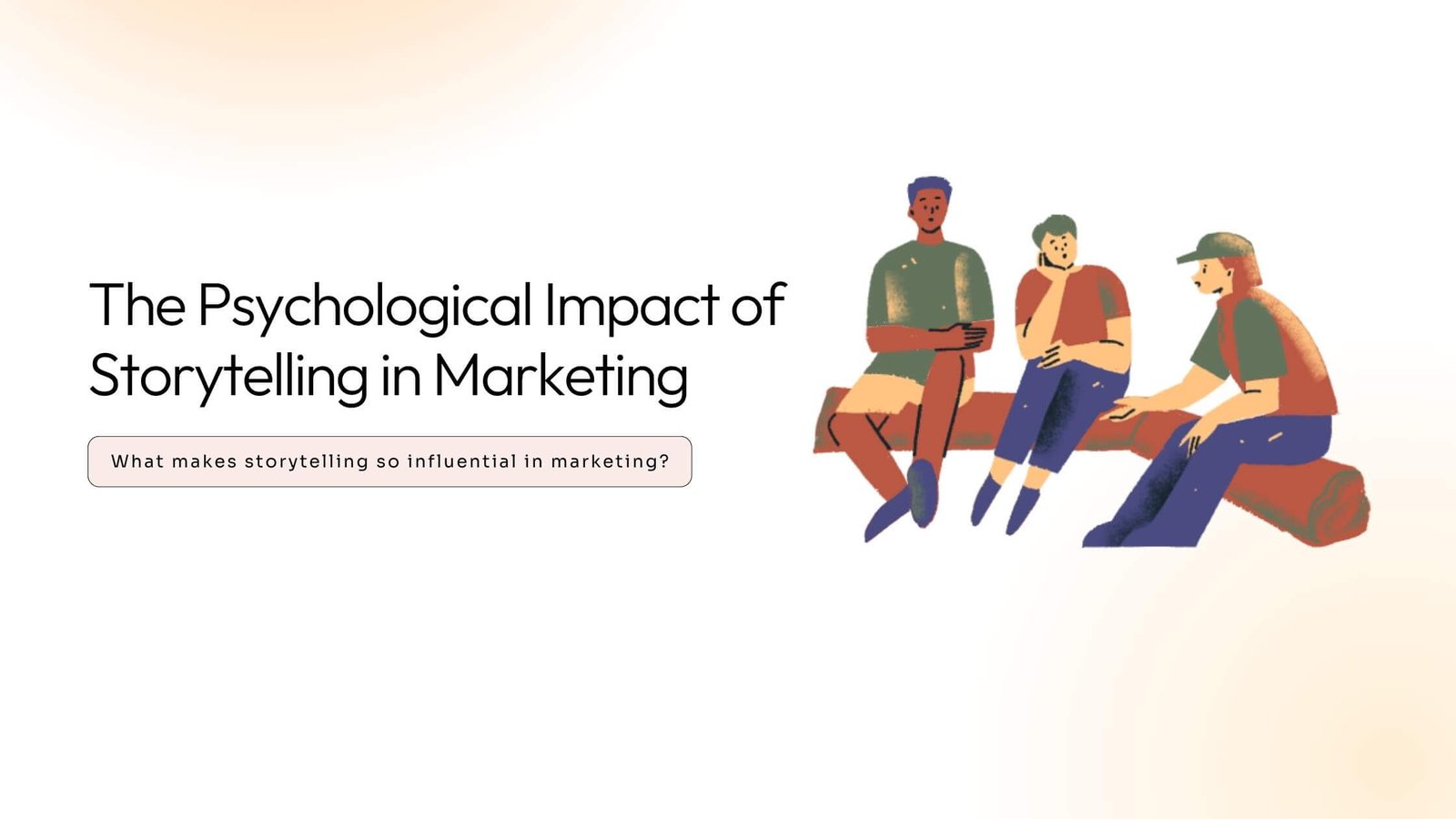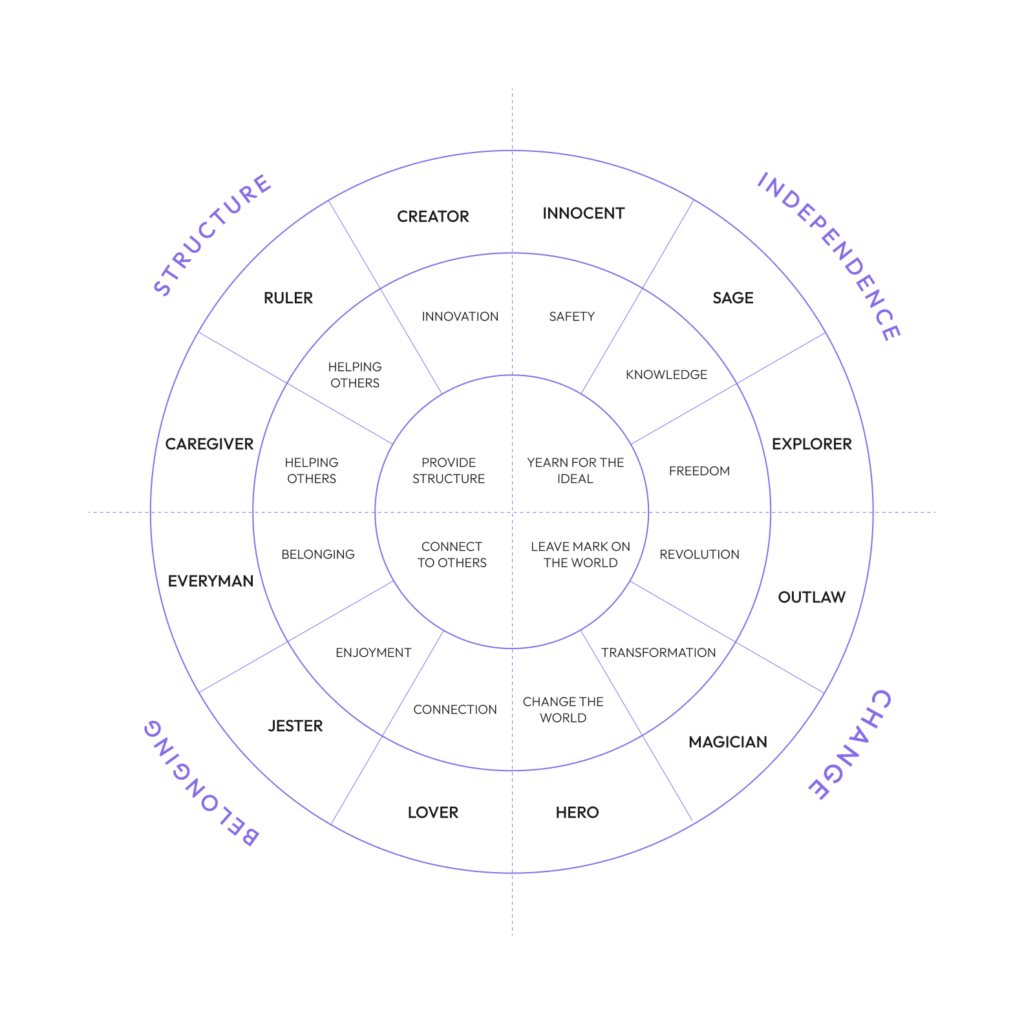The Psychological Impact of Storytelling in Marketing

In the vast landscape of marketing, where consumers are bombarded with countless advertisements daily, storytelling emerges as a beacon of authenticity and connection. The ability to craft compelling narratives isn't just a buzzword; it's a potent tool that wields the psychology of human emotions to establish profound connections between brands and their audiences. But what makes storytelling so influential in marketing?
The Psychology of Storytelling
Stories have a profound effect on our psyche, engaging our emotions and intellect. It's not just about narrating facts and figures; it's about triggering a range of feelings and captivating the audience's minds.
- Surveys show that consumers often base their purchasing decisions on emotions rather than logic. Understanding this psychological aspect can dramatically alter marketing strategies.
- Case Study: For instance, Bumble’s most recent campaign "Kindness is sexy" is less about their app, and more of a statement on how to attract a mate in general.
Building Emotional Connections and Relatability
Good storytelling can establish emotional connections, evoke empathy, and create relatability. Brands that successfully tap into these emotions can resonate deeply with their audience.
- Take, for example, Airbnb. By sharing user stories of unique travel experiences, they've created a platform where everyone's an author of their narrative.
The Influence of Brand Archetypes and the 'Hero's Journey'
Brand archetypes and the hero's journey play crucial roles in marketing. These concepts allow brands to align with specific narratives and captivate their audience's imaginations.
- Brands like GoPro exemplify the explorer archetype, encouraging individuals to push boundaries, explore new horizons, and live life to the fullest.
Visual Storytelling and Ethical Considerations
Visual storytelling is on the rise, where images, videos, and infographics transform narratives. However, maintaining authenticity and ethical considerations are paramount.
- Take Red Bull, for instance. They didn't just narrate extreme sports; they created the Red Bull Stratos project, a live event that gripped the world.
The Future of Storytelling in Marketing
The marketing landscape continually evolves, and embracing emerging trends is vital for success. It's not all smooth sailing. Critics argue that overly emotional narratives can sometimes come off as insincere. But as we look into the future, it's clear that well-balanced storytelling will remain at the core of marketing.
What do you think the future holds for storytelling in marketing?
Share your insights in the comments.
Join my mailing list
P.S I promise not to be a human spam.
